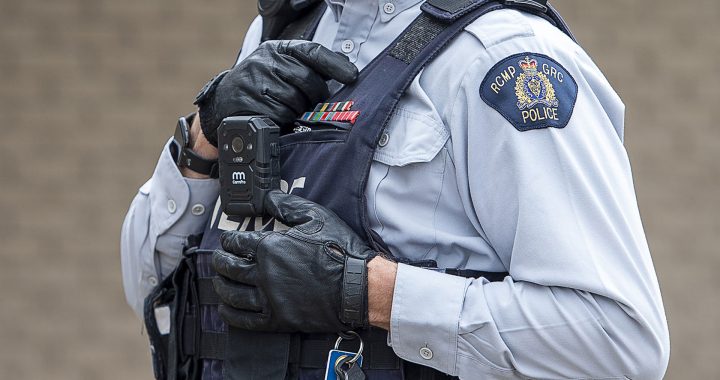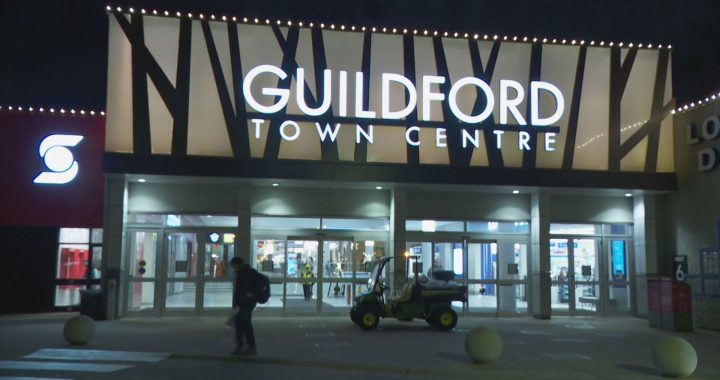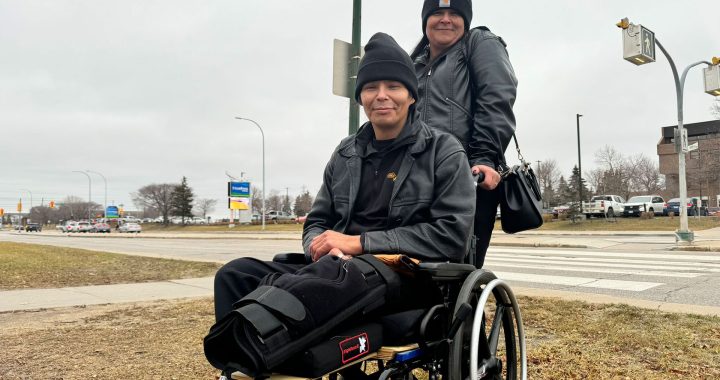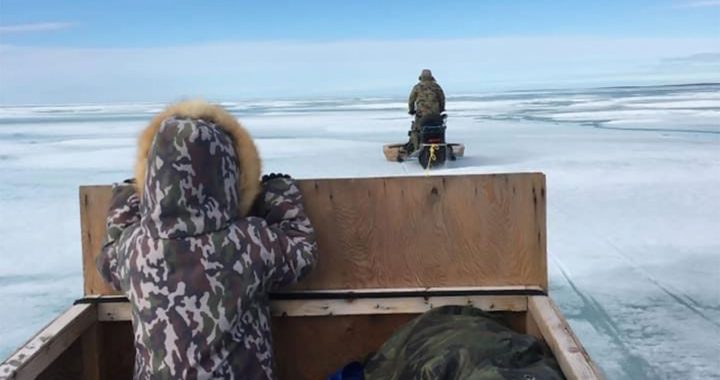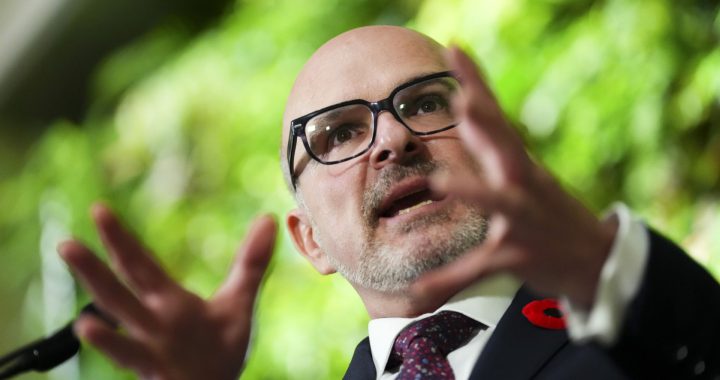A Mi’kmaw mother living in Nova Scotia says she may lose health supports for her children under the Jordan’s Principle program.
Mary Isaac, a single mother of three, has cerebral palsy and requires a wheelchair. She lived independently until she was hit by a car two years ago. when she sustained significant injuries including a broken femur and will require long-term medical treatment with surgeries over the next few years.
“Yeah, it’s been a rough go because from the hospital the only reason why I applied for this service [Jordan’s Principle] to even be in my house in the first place was that I wanted to ensure my children’s needs were not interrupted,” she told APTN News.
Isaac’s children, aged 4, 10 and 11, are neurodivergent and require special needs services, including speech therapy.
Since Isaac was hit by the car, her family needs 24-hour in-home support services that are paid for by Jordan’s Principle – a federal program that is named after Jordan River Anderson – a First Nations boy from Manitoba. He died in hospital while the province and federal governments argued over who would pay for his health needs at home.
Support for her children
Isaac said that support from Indigenous Services Canada, the federal department that administers the program, is short term and ended on Oct. 31.
She’s now afraid her children will end up in care if she can’t find resources elsewhere.
“Jordan’s Principle bottom line has been more focused on a reduction plan and an alternative plan that doesn’t exist,” she said, “and they leave it up to you to find that resource.”
Paul Prosper, a Mi’kmaw senator from Nova Scotia, told APTN he spoke to the government about Isaac’s situation.
“Isaac has done an incredible job in supporting her children but needing that extra support and that is what that support is there for, Jordan’s Principle,” he said.
David Taylor, Isaac’s lawyer, told APTN that Indigenous Services will be extending the Jordan’s Principle services for three weeks while she appeals her case in Federal Court and requests long-term care.
“Have we not learned anything from everything we’ve seen come out from the Truth and Reconciliation Commission in 2015?” Taylor asked.“Through $23.3 billion-dollar child class-action settlement in 2023?
“First Nations kids belong with their parents. These kids have a very loving mother who cares and works very hard for them, and she needs some help and she should have it – that’s why she’s going into court.”
Cindy Blackstock, executive director of the First Nations Child and Family Caring Society, said Isaac’s case includes all the concerns raised at hearings before the Canadian Human Rights Tribunal in September.
“Part of the tribunal have said that, ‘Look, if you were going to say ‘no’ to an urgent case (and this is an urgent case) then you have to come up with Plan B,” said Blackstock. “You, the department, has to come up with a Plan B.”
Blackstock said the case reminds her of Maurina Beadle, who was taking care of her special needs son, Jeremy, until she had a stroke. Ottawa and Nova Scotia said they wouldn’t cover care and threatened to put him in an institution.
“This mom took them to court and the Federal Court agreed that she deserved the help she needed to care for her son while she recovered, so that was upheld in 2012. It was reaffirmed at the tribunal and Canada ought to know better,” said Blackstock.
Isaac said she hopes the Federal Court will agree with her need for long-term support under Jordan’s Principle.
“I currently only have access to the service that’s in my house through Jordan’s Principle and they still want to cut it off and call CPS (child protective service),” she said. “That’s not like how truth and reconciliation works. That’s very colonial actually in the structure, it’s a very colonial way of thinking.”
Isaac said she hopes to hear next week if the decision to end her support is overturned.
Indigenous Services said it wouldn’t comment on the case.




